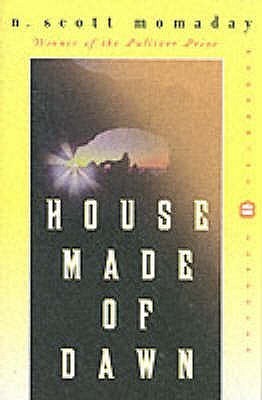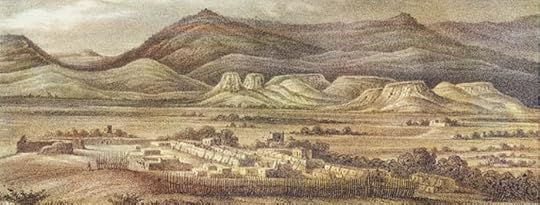What do you think?
Rate this book


The magnificent Pulitzer Prize-winning novel of a stranger in his native land
“Both a masterpiece about the universal human condition and a masterpiece of Native American literature. . . . A book everyone should read for the joy and emotion of the language it contains.” – The Paris Review
A young Native American, Abel has come home from war to find himself caught between two worlds. The first is the world of his father’s, wedding him to the rhythm of the seasons, the harsh beauty of the land, and the ancient rites and traditions of his people. But the other world—modern, industrial America—pulls at Abel, demanding his loyalty, trying to claim his soul, and goading him into a destructive, compulsive cycle of depravity and disgust.
198 pages, Paperback
First published January 1, 1968
There was only the sound, little and soft. It was almost nothing in itself, the smallest seed of sound-but it took hold of the darkness and there was light; it took hold of the stillness and there was motion forever; it took hold of the silence and there was sound. It was almost nothing in itself, a single sound, a word-a word broken off at the darkest center of the night and let go in the awful void, forever and forever.
They were grave, so unspeakably grave. They were not merely sad or formal or devout; it was nothing like that. It was simply that they were grave, distant, intent upon something that she could not see. Their eyes were held upon some vision out of range, something away in the distance, some reality that she did not know, or even suspect.
He could see the canyon and the mountains and the sky. He could see the rain and the river and the fields beyond. He could see the dark hills at dawn. He was running, and under his breath he began to sing. There was no sound, and he had no voice; he had only the words of a song. And he went running on the rise of the song. House made of pollen, house made of dawn. Qtsedaba.
